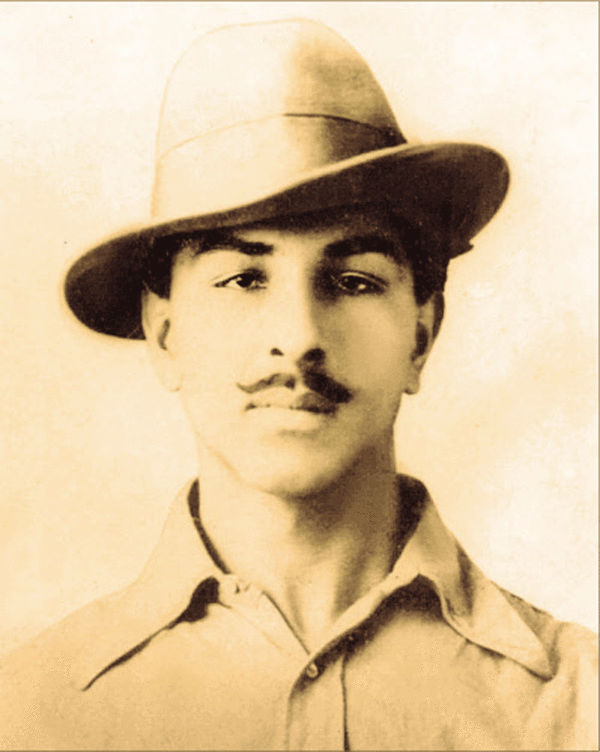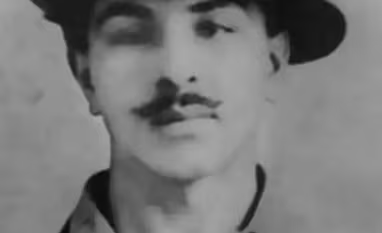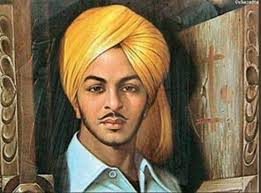
Arrest, Trial, and Legacy of Sacrifice
Bhagat Singh was arrested in 1929 after the Central Assembly bombing, which he carried out with Batukeshwar Dutt to protest against British rule. The bombing was not intended to cause harm but to make a political statement against oppressive laws. Instead of fleeing, Bhagat Singh and Dutt surrendered voluntarily, knowing that their trial would provide a platform to voice their revolutionary ideology.
A Revolutionary in Prison
During his imprisonment, Bhagat Singh used the courtroom as a battlefield, delivering speeches that exposed the injustices of British colonial rule and advocated for the rights of political prisoners. He believed that revolution was not just about violence but about awakening the consciousness of the masses. His eloquent arguments and fearless demeanor turned his trial into a national spectacle.
While in prison, Bhagat Singh and his fellow revolutionaries went on a prolonged hunger strike, demanding equal rights for Indian prisoners. Their demands included better food, clothing, and treatment on par with British prisoners. The hunger strike, which lasted over 116 days, garnered widespread public attention and made him a hero in the eyes of millions.
Execution and the Making of a Martyr
Despite nationwide protests and appeals for clemency, Bhagat Singh, along with Rajguru and Sukhdev, was sentenced to death. On March 23, 1931, at the young age of 23, he was hanged in Lahore Central Jail. Reports suggest that Bhagat Singh walked to the gallows with a smile, chanting “Inquilab Zindabad!” (Long Live the Revolution!). Even in his final moments, he remained unwavering in his beliefs, choosing death over submission.
The British authorities, fearing public outrage, secretly cremated Bhagat Singh and his comrades at the banks of the Sutlej River, denying his supporters the chance to honor him properly. However, their attempt to suppress his legacy failed, as his martyrdom only intensified the freedom movement.
An Enduring Legacy
Bhagat Singh’s legacy remains deeply embedded in India’s history. He became a symbol of courage, defiance, and youth-led revolution. His slogan “Inquilab Zindabad” became a rallying cry for future generations of freedom fighters, and his sacrifice inspired countless individuals to take up the fight for independence. His writings, particularly his essays on socialism, revolution, and equality, reflect a visionary who wanted a just and classless society beyond mere political freedom.
His martyrdom cemented his place as one of the greatest freedom fighters in Indian history, and his life remains a testament to the power of youth, conviction, and the relentless pursuit of justice. Bhagat Singh’s ideology continues to influence movements advocating for social justice, equality, and true independence from oppression of all kinds.
“The aim of life is not to merely live, but to live for a purpose.” – Bhagat Singh
REFERENCE LINKS AND BOOKS : –
- Wikipedia: Bhagat Singh
- Government of India Archives
- https://bhagatsingh.in
- Bhagat Singh, Select Speeches & Writings – Book by Bhagat Singh



